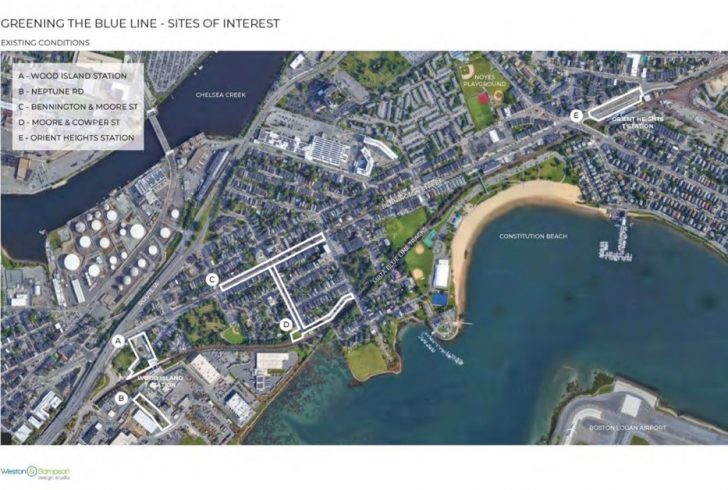Recent Publications from the Stone Living Lab


In March 2025, the Stone Living Lab released findings from three projects funded by grants to three external organizations. These publications all explore nature-based approaches (NbA) through lenses of public health, open space access, economic opportunity, and climate justice.
The three grant-funded projects confirm that NbA can deliver significant social co-benefits, such as cleaner air and water, improved recreational access, local food sources, and the correction of environmental injustices.
While national concerns exist around potential negative outcomes like gentrification and displacement, local organizations report no such impacts to date. Instead, local engagement through charrettes and design studies suggests NbA can reduce flood risks while enhancing social equity.
To ensure that NbA do not perpetuate injustices, the reports recommend inclusive decision-making, cross-sector collaboration, and context-sensitive planning. Remaining challenges include data gaps on NbA performance, comparisons to traditional methods, visitor demographics, and equitable benefit distribution—highlighting the need for further research and better integration of social considerations.
We’re also proud to celebrate Emma Brooks, a master’s student with the Stone Living Lab and supervised by Professor Bob Chen, who successfully defended her thesis: Harboring Change: Legacy Contamination, Plant-Metal Dynamics, and the Fate of a Boston Marsh.
Emma’s research explores the long-term impacts of industrial pollution in Boston Harbor, beginning with a historical analysis of contamination trends since the Clean Water Act and the Boston Harbor Project. Her findings reveal that despite major improvements in water quality, coastal sediments—particularly near sites like Fox Point—still retain high levels of heavy metals such as lead.
Emma also conducted a six-month litter bag study in Dorchester’s Patten’s Cove, examining how metal-tolerant saltmarsh species like Salicornia accumulate and store metals in plant tissues that decompose slowly. Her work sheds light on how these plants influence metal cycling and marsh health.
Emma’s research not only deepens our understanding of legacy contamination in urban estuaries but also highlights the resilience and complexity of saltmarsh ecosystems. We’re incredibly proud of her contributions to the Lab and the broader field of coastal science—congratulations, Emma!
All of these publications can be found on our Publications page.